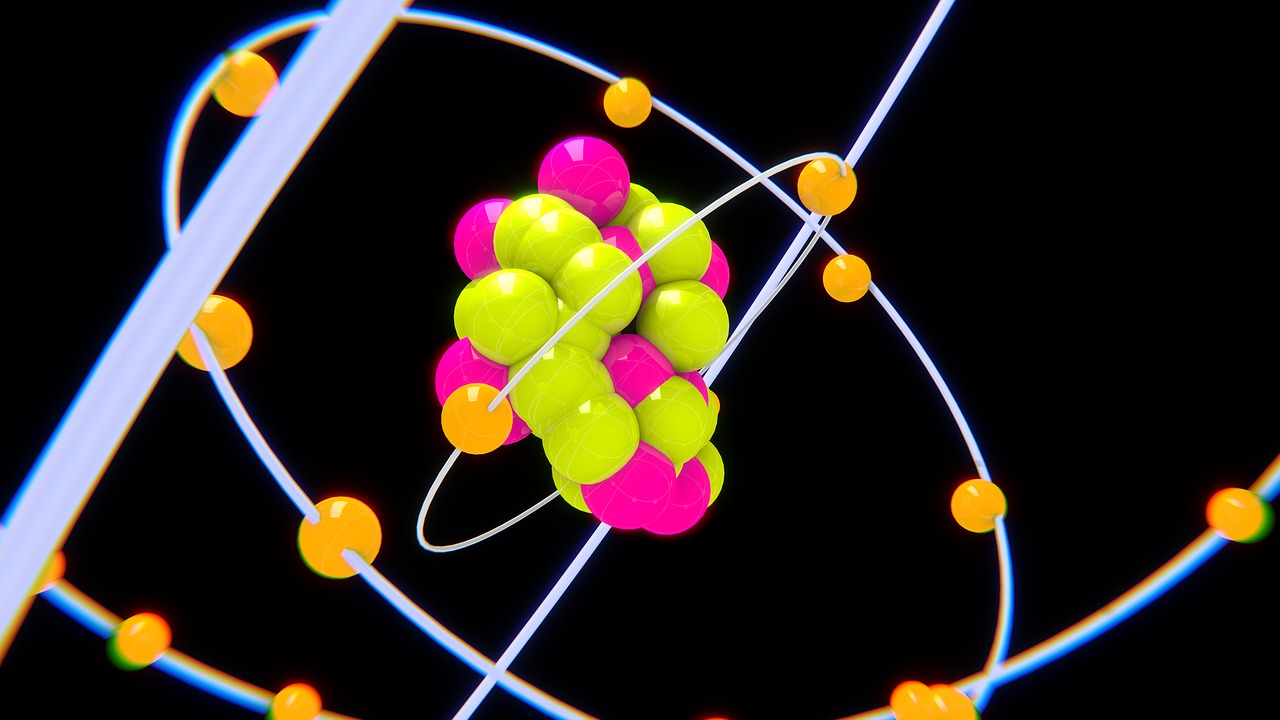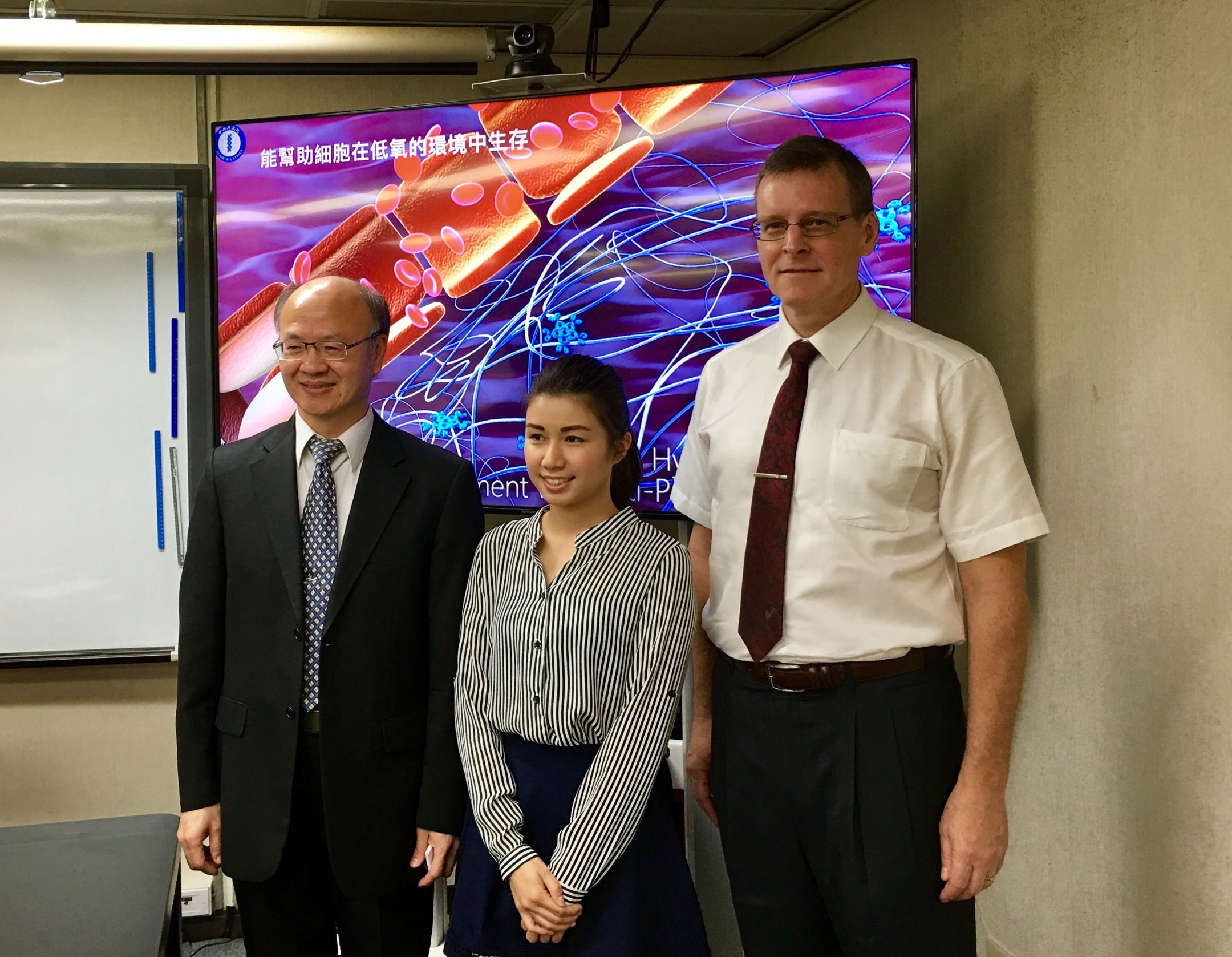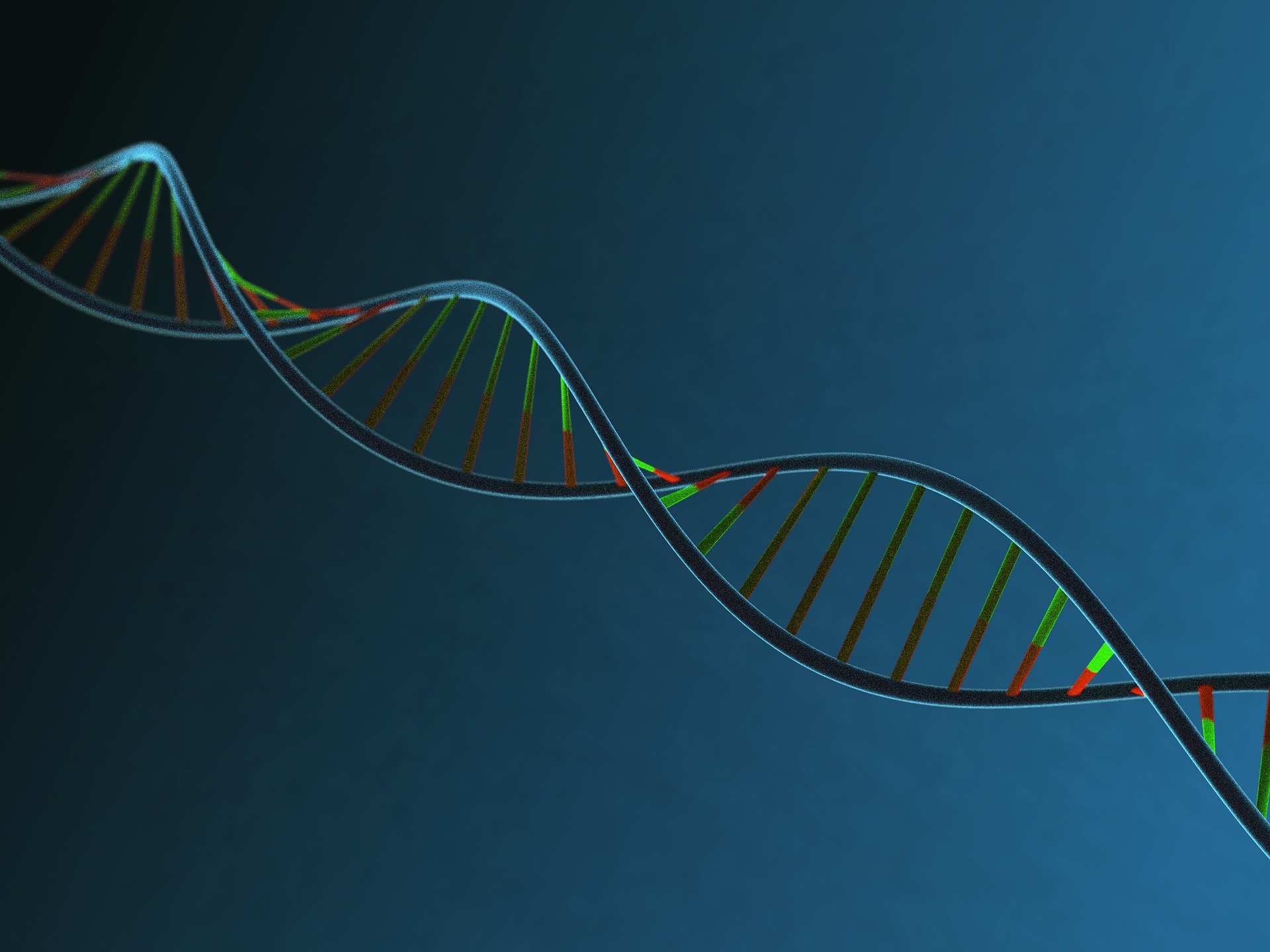Weekly Review #36 – Summary of the latest news In science and technology research across the world, carefully handpicked by team Research Stash
The Human Body Has a Strange Type of Fat That Can Actually Help Weight Loss
Obesity is a disease where people accumulate more and more fat. When they reach a certain point, their fat stops working and they develop the disease, such as type 2 diabetes. But not all fat is bad. Read More
Biologists discover an unusual hallmark of ageing in neurons
As we age, neurons in our brains can become damaged by free radicals. MIT biologists have now discovered that this type of damage, known as oxidative stress, produces an unusual pileup of short snippets of RNA in some neurons. Read More
Large genetic study finds first genes connected with ADHD
If you have ADHD, chances are higher that your siblings do, too. Estimates differ as to how strong the connection is, but the arrows point in the same direction: genetics helps determine someone’s risk for ADHD. Read More
In Huge Shock, Mitochondrial DNA Can Be Inherited From Fathers
A piece of high school genetics relied on for many sorts of genetic testing, has been found to have exceptions. Although mitochondrial DNA (mtDNA) is normally received from the mother, three families have been identified where people received some of their mtDNA, three-quarters in the most extreme case, from their father. Read More
Quantum computing at scale: Scientists achieve compact, sensitive qubit readout
Professor Michelle Simmons’ team at UNSW Sydney has demonstrated a compact sensor for accessing information stored in the electrons of individual atoms—a breakthrough that brings us one step closer to scalable quantum computing in silicon. Read More
Physicists finally calculated where the proton’s mass comes from
A proton’s mass is more than just the sum of its parts. And now scientists know just what accounts for the subatomic particle’s heft. Read More
Chinese researcher claims first gene-edited babies
A Chinese researcher claims that he helped make the world’s first genetically edited babies — twin girls born this month whose DNA he said he altered with a powerful new tool capable of rewriting the very blueprint of life. Read More
Farm Animals May Soon Get New Qualities With Gene-Editing
This may seem impossible, but an American company is seeking to change farm animals by cutting or adding to their genes. Read More
A Scanner That Can See Inside The Entire Human Body at Once Just Took Its First Images
Imagine if scientists could look inside the entire human body at once, into all the tissues and organs, and watch as medicine winds its way through every inch of our being. Read More
Neuroscientists Report The Discovery of New Region of the Human Brain
Weighing in at only around 1300 grams and measuring about 15 centimetres long, the human brain is by no means the largest organ in our bodies, but as we see, again and again, it is the most difficult to understand. Read More
If you liked this article, then please subscribe to our YouTube Channel for the latest Science & Tech news. You can also find us on Twitter & Facebook.



